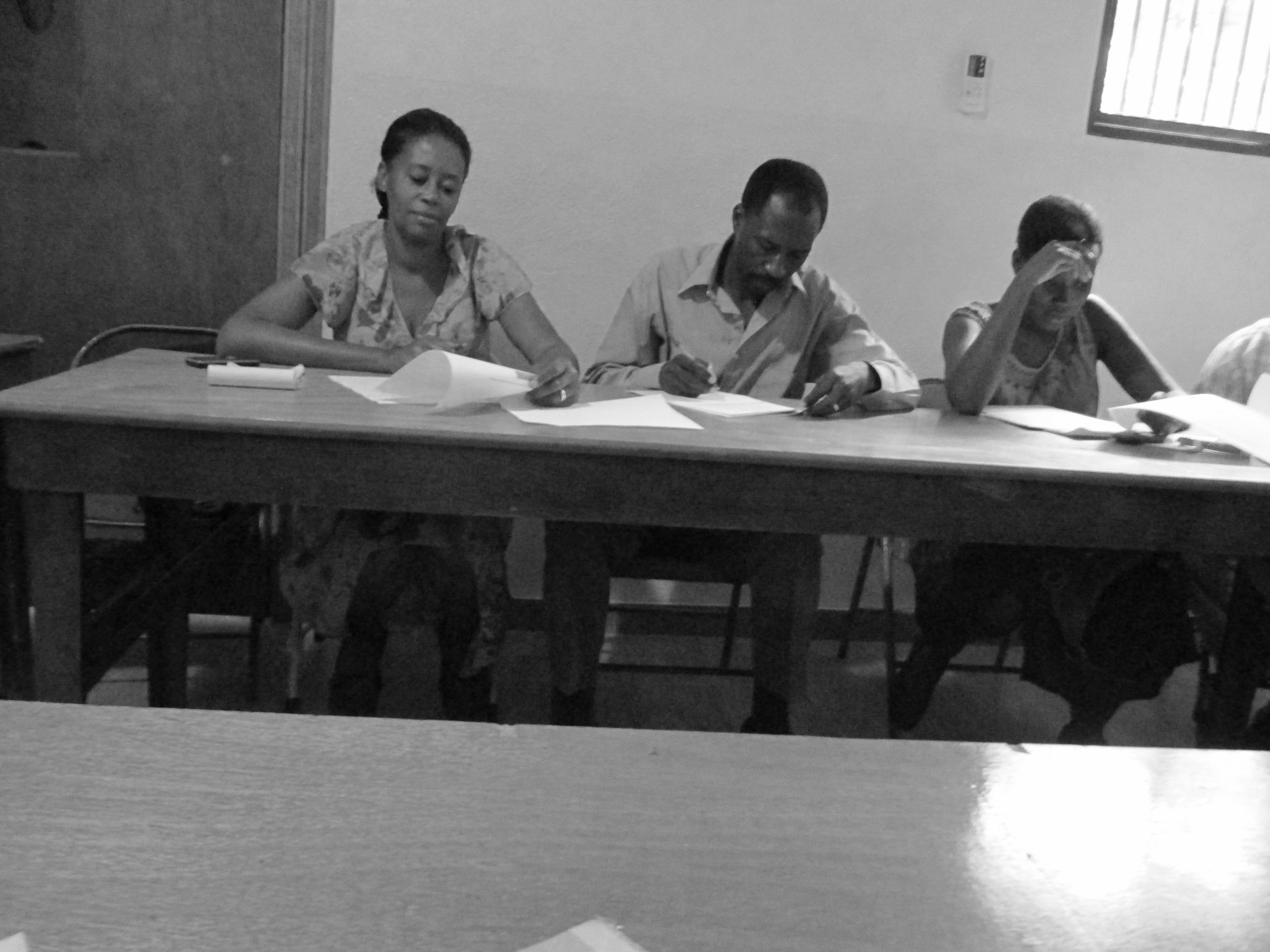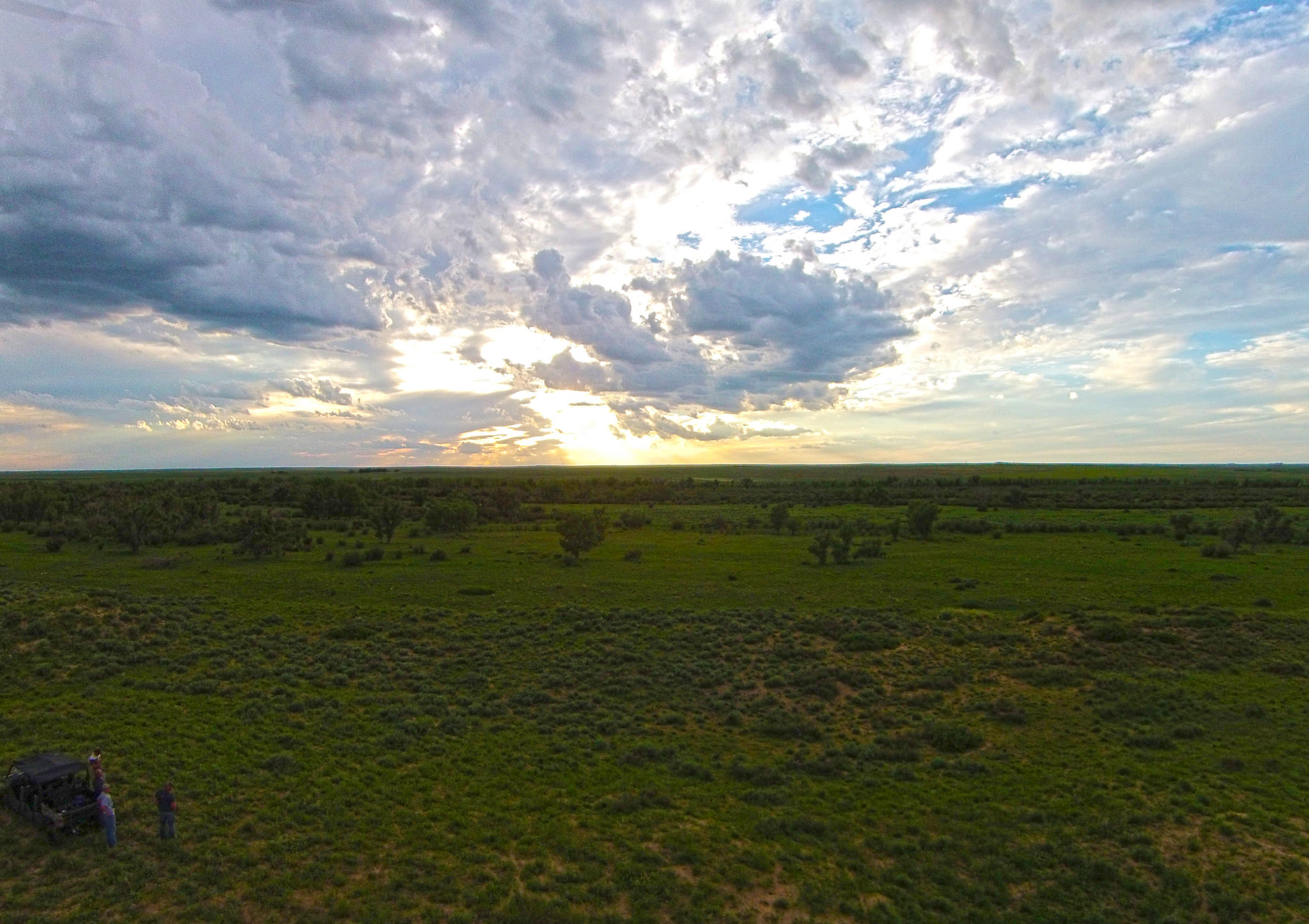Ted Kooser is a Decent Poet
Brad Fruhauff
 Your reader is right there on the other side of the table, politely and patiently listening to you.
—The Poetry Home Repair Manual
Your reader is right there on the other side of the table, politely and patiently listening to you.
—The Poetry Home Repair Manual
Dear Mr. Kooser,
I guess I’d say I’m a struggling young poet. Struggling in the sense that I’m still trying to figure out how to write poems. Young in the sense that I don’t have a book, yet. A poet in the way people call themselves poets until they’ve got a book, after which they generally just call themselves writers. I’m also a Midwestern boy, like yourself. Maybe that’s why your work has been resonating with me, lately. Or with a part of me.
I’ve seen the truck in “So This is Nebraska,” though I grew up in the burbs. Every once in a while we had cause to drive a little out beyond the clutter of the Northwest Highway to where, not very far away, there were still patches of wheat and corn and soy fields among the trees, with a two-story farmhouse nearby with some old metal chairs, a picnic table, and often as not a tire swing out front. Get a little farther away from the highway and you see the fields where someone left a tractor, or a plough, or, indeed, an old Ford pickup truck that has come to belong there as much as the oaks and the prairie grass.
But I was a kid who played on the giant slide. I never much liked my hometown. I always wanted to get away to “the city,” by which I meant not New York or LA or even Chicago but just a medium-sized city.
I wound up in Grand Rapids, then Portland, Oregon, then the little college town that butts up against Chicago but has its own inner life. I’ve been content to read about the big, dark cities in Superman and Batman comics, which, I know, only present certain mythic visions of the city, perhaps like you present a mythic vision of the country.
Is there such a myth of the suburbs? Should there be? The poetry of the suburbs can be often entertaining, often even profound, but rarely, I think, mythic without descending to satire.
Where am I going with all this? You see how your kindly, wise voice makes me reflect upon myself, makes me want to circle back to the things that make me me? That’s why I’m writing to you, because you seem like a decent poet, by which I do not mean to damn with faint praise but to praise with faint words. I see so little decency anywhere. I mean not just online or in the news or in politics, but in our television dramas and comedies, in our novels or poems or memoirs. I see people trying to be decent in specific parts of their lives, but few of them trying to be altogether good and decent.
You describe writing a poem as a conversation with an audience whose time and perspective one ought to respect. It’s so decent of you. When I was in school, that was considered a rather naïve way to read or write, though I believed in it. I still do, I think.
I hope a decent poet is also a decent man, but at least the man must have decency in him to write with decency. You aren’t actually naïve. You know the world changes, you know people do violence to one another. You just don’t get overly vexed about your inability to control how the world adapts to your presence in it; you don’t even seem to expect it to.
You’re like John Ames in Gilead, loving the world because you feel your tenuous relationship to it. Maybe Robinson had read your work before she started writing that quiet, beautiful, celebratory book. Probably not, but it’s a pleasant thought to me, because you’re a writer worthy of such a book.
To a Midwestern suburban boy like me, a decent man can’t quite be compared either to a mountain or a monument or to the dense mass of a bull in a field, though they all suggest themselves. Rather, reading you makes me think of the water tower at the top of the hill behind my house. We could see that water tower sometimes from a mile or two away if we got up high enough, and it always told us where home was relative to where our adventuring had taken us. It wasn’t the prettiest water tower, or the biggest, but it was ours, and it stood sentry over much of my childhood. They also serve who only stand and wait—or write.
Thank you, Mr. Kooser.
Warmly,
Brad
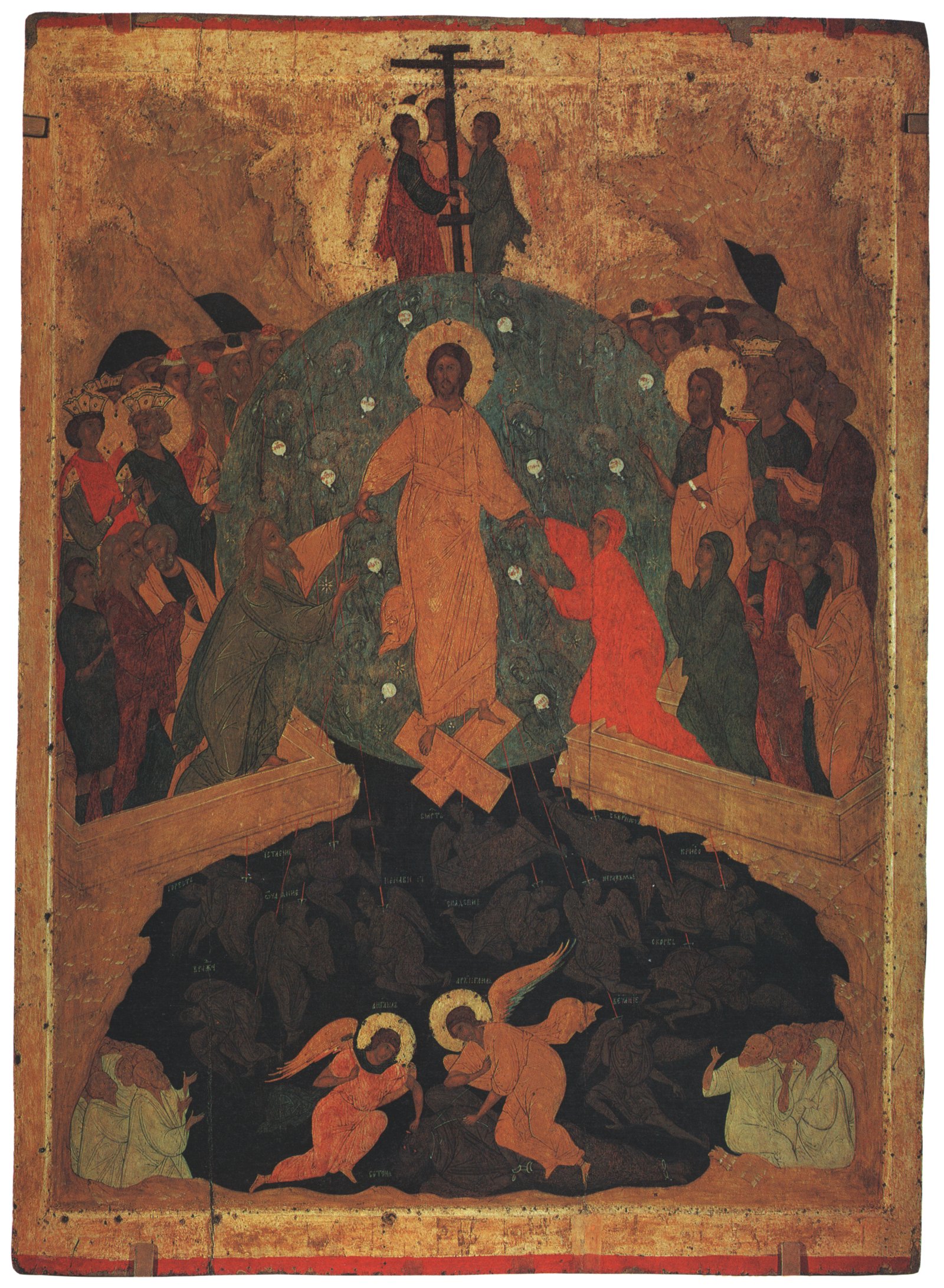
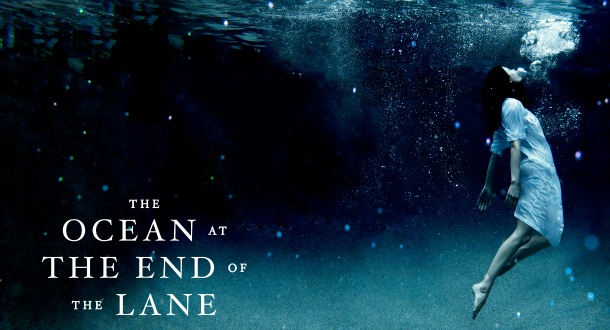 “I held on to Ginnie Hempstock. She smelled like a farm and like a kitchen, like animals and like food. She smelled very real, and the realness was what I needed at that moment.”
–Neil Gaiman,
“I held on to Ginnie Hempstock. She smelled like a farm and like a kitchen, like animals and like food. She smelled very real, and the realness was what I needed at that moment.”
–Neil Gaiman,  “Mrs. Feyen, do you like professional football teams?” This comes from George, one of my 8th grade students. He’s asking me about football because I’m wearing a Notre Dame t-shirt today. I probably shouldn’t be wearing it; it’s not very professional, but every so often I get dreadfully homesick for the Midwest and this morning as I got dressed I decided to pull Notre Dame over my head and feel a little of South Bend on me as I walked through the day.
“Mrs. Feyen, do you like professional football teams?” This comes from George, one of my 8th grade students. He’s asking me about football because I’m wearing a Notre Dame t-shirt today. I probably shouldn’t be wearing it; it’s not very professional, but every so often I get dreadfully homesick for the Midwest and this morning as I got dressed I decided to pull Notre Dame over my head and feel a little of South Bend on me as I walked through the day. “Fiction’s about what it is to be a fucking human being.”
––David Foster Wallace
“Fiction’s about what it is to be a fucking human being.”
––David Foster Wallace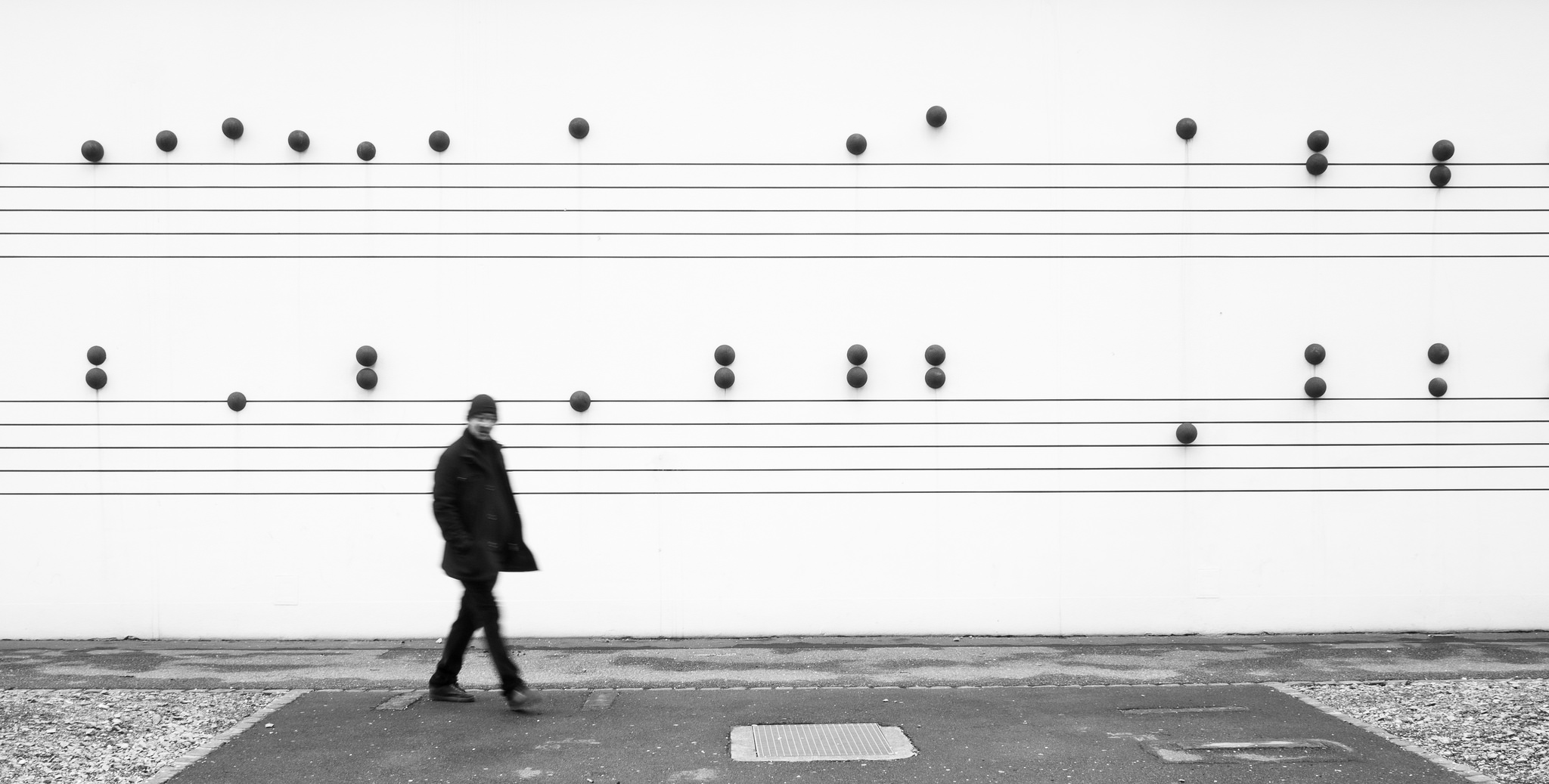 “Look for contrast, look for repetition—you’ll find your melody.”
“Look for contrast, look for repetition—you’ll find your melody.”
 I am a trail runner. But when I tell you that, you will get the wrong idea about me. You will picture someone with gleaming calf muscles and a wardrobe stuffed with Lulu Lemon gear.
I am a trail runner. But when I tell you that, you will get the wrong idea about me. You will picture someone with gleaming calf muscles and a wardrobe stuffed with Lulu Lemon gear.
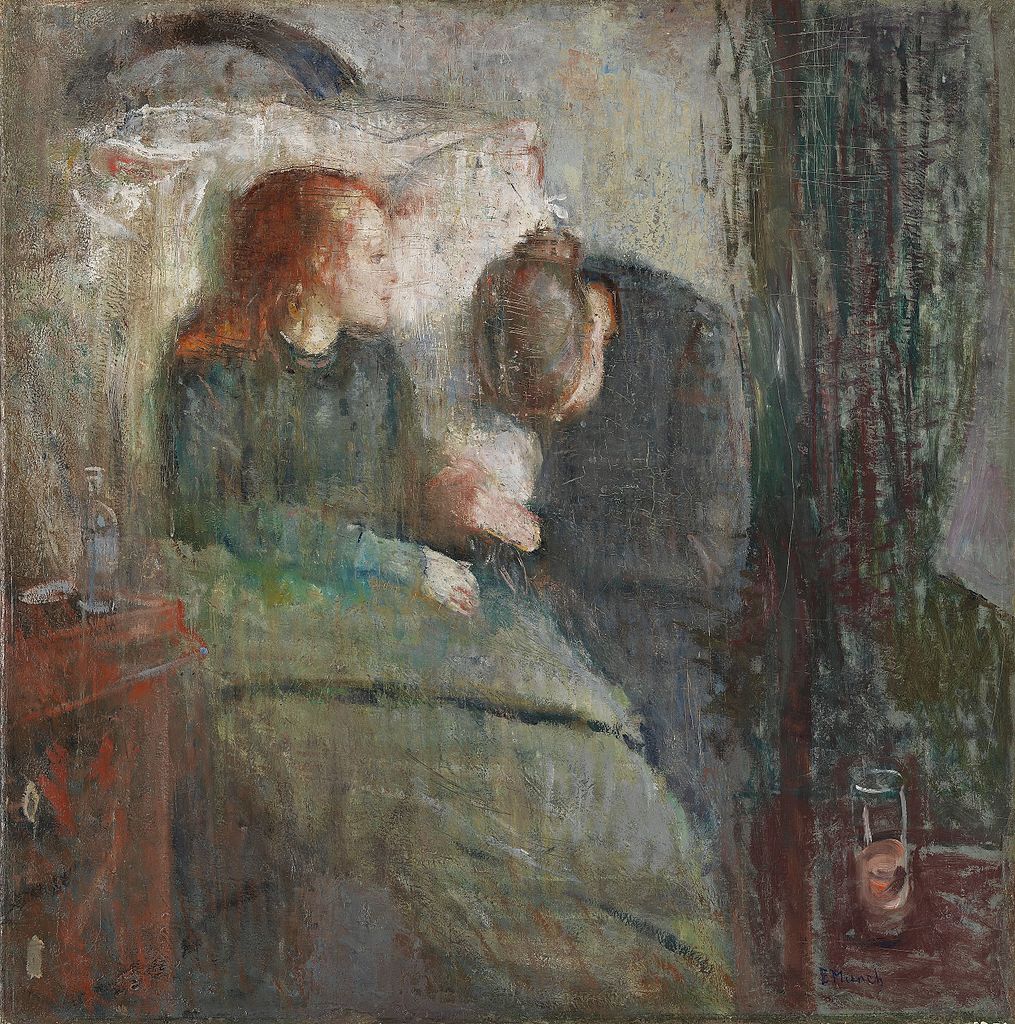

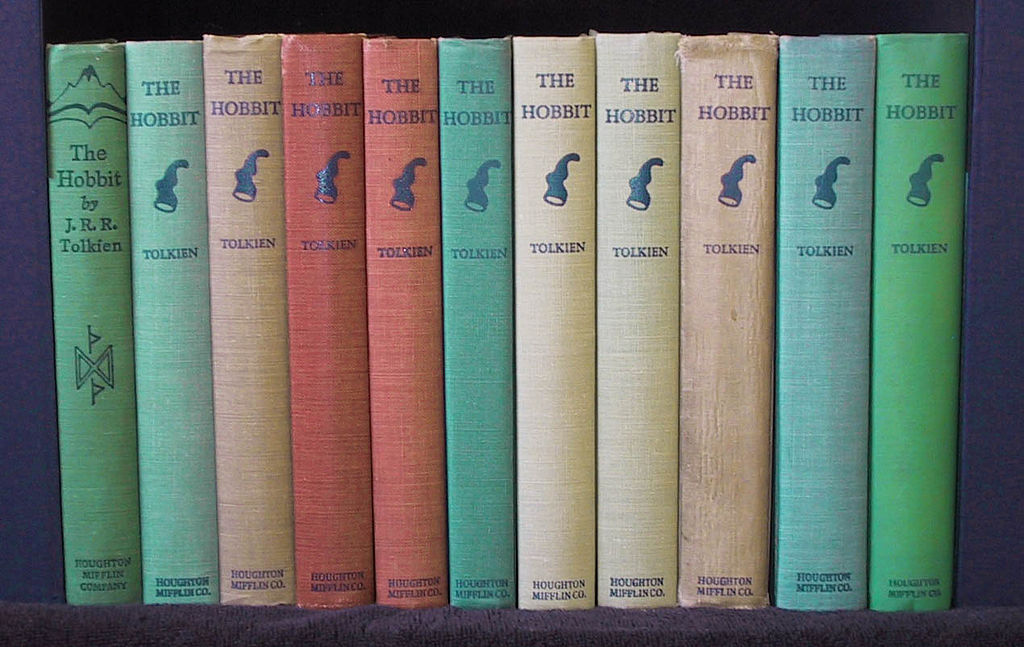 I am reading
I am reading 
 Feel it—but remember, millennia have felt it—
the sea and the beasts and the mindless stars
wrestle it down today as ever—
—
Feel it—but remember, millennia have felt it—
the sea and the beasts and the mindless stars
wrestle it down today as ever—
—